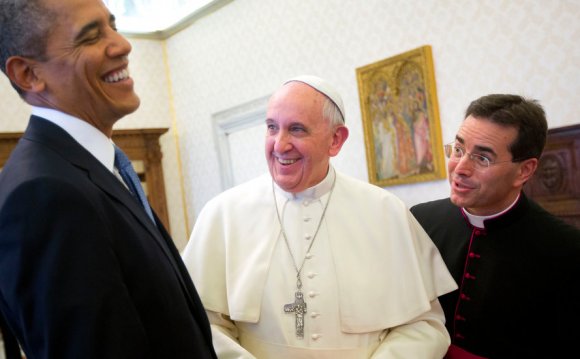
 Cockney is a dialect of British English. It originated in London; however, it is generally associated with the working class living on the outskirts of the city, as opposed to the population of the city. The pronounciation and the rhyming slang make it an interesting dialect, but often difficult to understand.
Cockney is a dialect of British English. It originated in London; however, it is generally associated with the working class living on the outskirts of the city, as opposed to the population of the city. The pronounciation and the rhyming slang make it an interesting dialect, but often difficult to understand.
What Is Cockney?
A lot of people, when they think of Cockney, think of a rather vulgar format of the British English language. However, there actually is a history to this language, as well as some rules that govern it.
Cockney is spoken by the working class folks in the outskirts of London; however, “true” Cockney is really only associated with those in the London area. People outside of the region might have a Cockney accent or give Cockney insults, yet their version of Cockney may not be considered to be true Cockney.
According to the “rule” of Cockney, an individual must be born within hearing distance of the bells of Saint Mary le Bow in Cheapside in London to be considered a true “Cockney” individual.
Features of Cockney
Some people think that cockney is just jumbled English; however, that is not the case. There are some very specific features that make Cockney different:
- The sound of many vowels is said in a deeper tone
- The vowels are drawn together, as opposed to said separately. For example, mouth is pronounced “mauf.”
- The letter t often disappears from words. For example, water becomes wa’er and city becomes ci’y.
- The letter h is often dropped at the beginning of words. For example, house becomes ‘ouse.
One of the most interesting features is the cockney rhyming slang. They combine two words into one. For example, “apples and pears” becomes stairs, and “plate of meat” becomes “feet.”
Cockney Translations
Here’s a list of some standard English words translated into Cockney.
- How are you: 'a 're ya
- What time is it: Wot nickle and dime is it
- How old are you: 'a old 're ya
- I went to the store yesterday: I went ter the store yesterday
- We had a party last night: We 'ad a Moriarty Present and Past night
- Next Tuesday is the first day of October: Next Tuesday is the Damien Hirst day of October
Can't get enough of Cockney? Check out a cockney translator to try out some words and phrases for yourself!
Post a comment.
comments powered byMORE TRANSLATION VIDEO












